Eritrea
Eritrea and Ethiopia must undertake concrete steps to build democratic societies in which the rights of citizens are protected, this is according to Human Rights Watch (HRW).
The international rights group in a release on Wednesday (July 18) stressed that despite a historic peace deal entered by both nations to begin a new era of peace and friendship, there was the need for democratic reform on both ends.
HRW added its voice to the gains so far achieved by the peace deal among others: “Now, families long separated by the stalemate can once again speak to one another by phone.
“These steps received broad international approval, including from the United Nations Security Council, and created optimism in both countries for better times,” Maria Burnett, its Director for East Africa and the Horn said.
What HRW said about Eritrea
Eritrea has no constitution, legislature, or independent judiciary. Elections have not been held since independence in 1993. Independent media is outlawed, as are non-governmental organizations.
Many political prisoners remain behind bars, including journalists and government officials arrested in 2001 who remain incommunicado. The government interferes in some religious institutions, even arresting their members.
Eritreans are conscripted into indefinite “national service” for military or civil duties – often serving for a decade or more – even though a decree limits service to 18 months. Torture and other abuse during service is common.
A UN commission of inquiry described Eritrea’s service system as “enslavement.” Afewerki has used what he called “no war, no peace” as justification for indefinite national service and other repression. Now, with peace declared, that illegitimate justification is even more inexcusable.
HRW insists Abiy-led Ethiopia government needs to do more
Though Ethiopia’s new prime minister has announced many reforms and has freed political prisoners in recent months, he has yet to commit to investigations into serious human rights abuses such as the torture of detainees or extrajudicial killing of protesters in recent years.
Country-wide, entrenched impunity remains the norm among Ethiopian security services. Many laws, including the anti-terrorism law and the Charities and Societies proclamation, should be repealed or significantly amended to protect free expression and critical opinions and eliminate the threat of possible criminal charges.



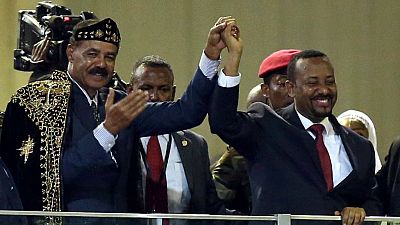

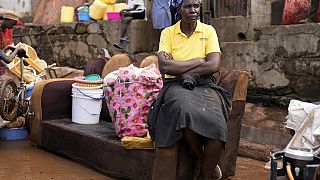
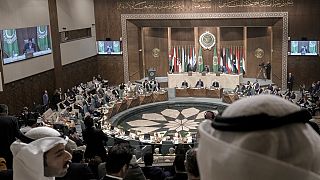

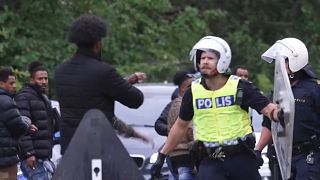
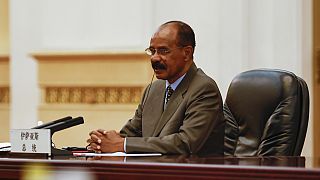
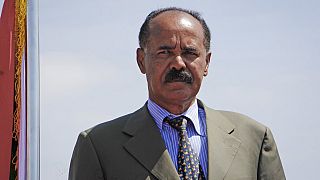


01:50
Families of Ethiopia 737 Max crash victims seek revival of criminal charge against Boeing
01:38
Sexual violence in conflict increased by 50% in 2023, says UN
00:49
London Marathon: Women's-only world record, Kenyan double victory
01:09
BNP Paribas faces lawsuit over alleged role in sudanese genocide
00:59
Donors pledge $630 million for conflict-hit Ethiopia
Go to video
Hellen Obiri claims back-to-back Boston Marathon titles, leading Kenyan women's podium sweep